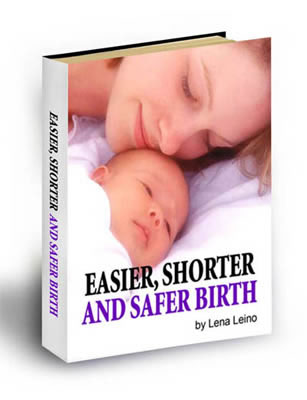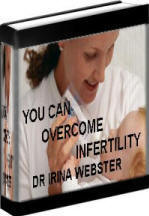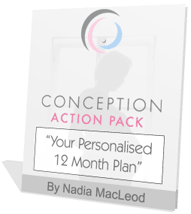Welcome to Pregnancy Guide
Teenage Pregnancy Statistics Article
 . For a permanent link to this article, or to bookmark it for further reading, click here.
. For a permanent link to this article, or to bookmark it for further reading, click here.
You may also listen to this article by using the following controls.
Teens and the Media - Newspaper Magazine Articles on Teenage Pregnancy
from:Teen pregnancy is often spoken about in newspaper magazines, rightly so as it is an issue that concerns society and should receive ample coverage. All too often, however, the view presented is a biased one. Often the issue is treated as if teenagers were sex-crazed, promiscuous delinquents who must be disciplined into behaving “properly.” The newspaper magazine articles on teenage pregnancy ignore scientific and public health information and can be detrimental to both the poor young teens who find themselves in a precarious situation and to the people around them.
If you want unbiased newspaper magazine articles on teenage pregnancy, you can start at the Planned Parenthood website, www.plannedparenthood.org. This site not only has articles on teen pregnancy, but also releases the names of the winners of the PPFA (Planned Parenthood Federation of America) Maggie awards, which recognizes achievement by the media and entertainment industries in support of reproductive rights and health care issues. Newspaper magazines which have useful, unbiased information can be found by doing a search of the recipients of this award.
Many newspaper magazine articles on teenage pregnancy are useful because they will give a girl information about her options. Finding herself in such a situation, it is helpful for a teenage girl to read about other girls in similar situations, their choices, and the outcomes of their choices. Teenage girls can choose parenting, adoption, or abortion. The worthwhile newspaper magazine articles on teenage pregnancy will be those that treat each option both scientifically and in an unbiased way, presenting all emotional outcomes. You can find a description of the various abortion procedures and what kinds of adoptions are available. Many articles will give information on organizations which provide emotional support and counseling services for pregnant teenagers; also listed in articles is information on organizations that provide health care.
Though newspaper magazine articles on teenage pregnancy are absolutely no substitute for a proper health care provider, they could be a good place to start for a teenage mother to understand what is going on with her body. You will find information on how to tell if you’re pregnant, proper nutrition, what activities and behaviors to avoid, how to deal with morning sickness and the other symptoms of pregnancy, and a whole slew of prenatal activities to ensure your health and comfort (as much as that’s possible) and the health of the baby.
Newspaper magazine articles on teenage pregnancy also provide statistics and information regarding the phenomenon of teenage pregnancy, for those who are interested on learning more about the details behind this issue. In general, the articles are useful sources of information, both for teenage mothers and for those wishing to understand teenagers who get pregnant. Make sure to examine more than one article before coming to any conclusions, though, as writers can sometimes be unintentionally biased.









